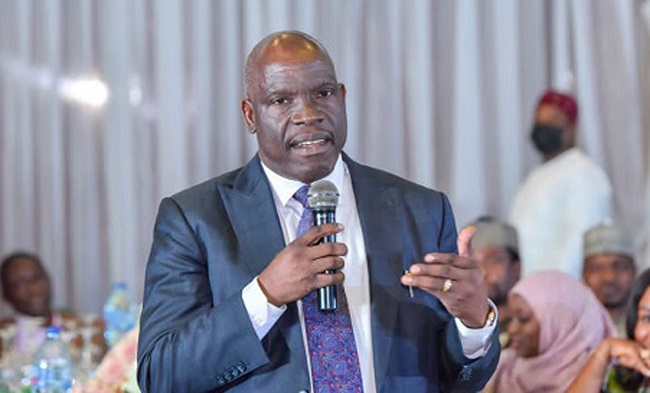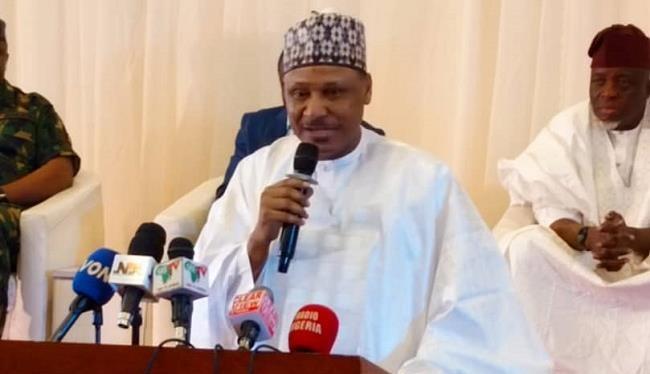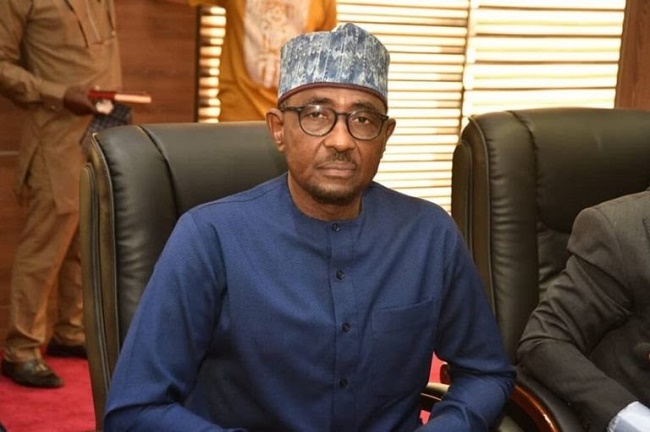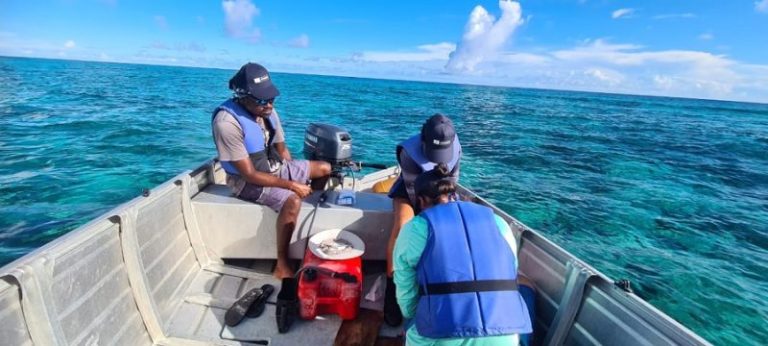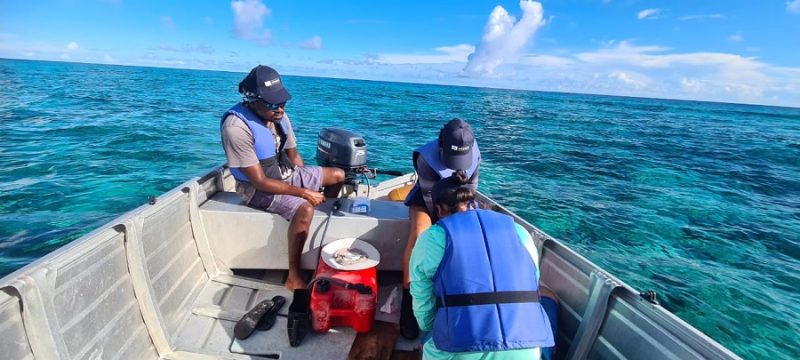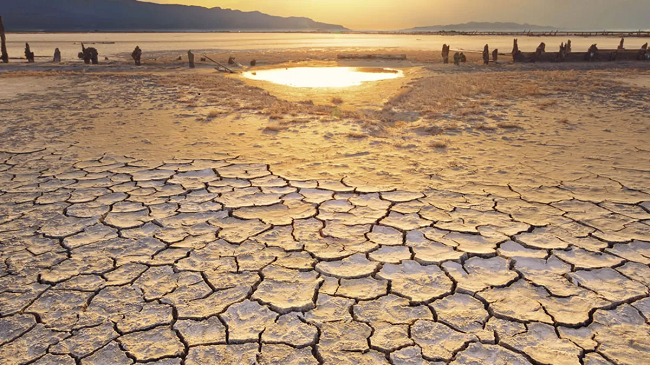The World Liquid Gas Association (WLGA) has launched a new roadmap to expand access to clean cooking solutions across Africa by increasing availability of liquefied petroleum gas (LPG).
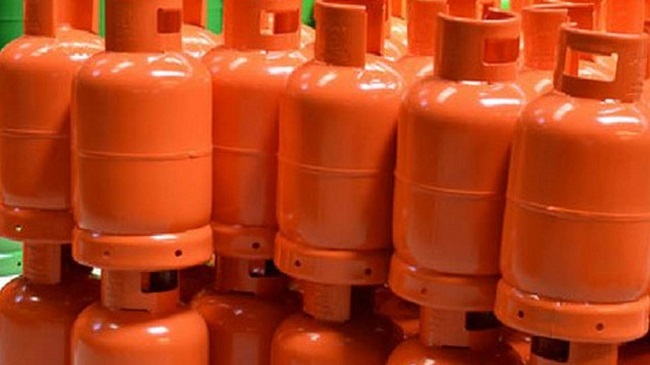
The roadmap was authored by S&P Global Commodity Insights and commissioned by the Cooking For Life Africa Task Force (CFLA), an industry initiative including Amtrol Alfa, Equinor, Hexagon Ragasco, Nigerian National Petroleum Corporation (NNPC), Oryx Energies, Petredec, S&P Global, SHV Energy, and Total Energies.
The “LPG Roadmap for Africa” provides three calls to action for the public and private sectors to achieve full access to clean cooking in sub-Saharan Africa by 2030. They include: establishing clear, enforceable regulatory frameworks to scale the LPG market in the region; implementing a consumer financing and payment plan to overcome economic barriers; and investing in infrastructure and roads to improve storage, distribution and delivery networks in more remote areas.
Today, nearly 2.5 billion people (one-third of the global population) are without access to clean cooking solutions, including over 900 million people in Africa. In remote villages and urban slums, many families resort to traditional biomass fuels like coal, wood and dung, which emit harmful and toxic fumes and contribute to climate emissions and deforestation.
Benefits of African households switching from firewood to LPG as a cooking fuel include:
- Reducing indoor air pollution from particulate matter by 98% – significantly decreasing the number of premature deaths and health conditions caused by household air pollutants
- Saving 1.2 million hectares of forest per year – equivalent to nearly one-quarter of current global deforestation
- Decreasing emissions of black carbon (or soot), a powerful greenhouse gas (GHG), by 117 million tons of CO2 equivalent per year – nearly offsetting Nigeria’s annual CO2 emissions
- Decreasing 279 million tons of CO2 per year – roughly equivalent to the annual emissions from mid-sized countries such as Taiwan and Malaysia
James Rockall, CEO, World Liquid Gas Association, said: “An equitable, fit-for-purpose transition means empowering marginalised communities by reducing global energy poverty and fostering a more inclusive future where everyone has the opportunity to thrive. Access to clean cooking supplies will increase economic opportunities and standards of living, while reducing carbon emissions and environmental impacts. While the roadmap is an important step forward, the Cooking or Life Africa Task Force will work with stakeholders across the public and private sectors to realise these ambitions.”
Alex Grant, Senior Vice President, Marketing, Midstream and Processing, Equinor, said: “Equinor is committed to contributing to an energy transition that is just and inclusive and brings about long-term social and economic benefits. The WLGA’s Cooking For Life Africa Task Force ‘LPG Roadmap for Africa’ sets out the important contributions that LPG can make in achieving progress towards these goals.”
Huub Stokman, Managing Director, NNPC Retail Limited, said: “A just transition for Africa requires a reduction in energy poverty alongside emissions reduction. The LPG roadmap, which targets about 60% of the continent’s population without access to clean cooking solutions, will simultaneously address economic, health and environmental challenges across Africa. NNPC Retail Limited is fully committed to the Cooking For Life Africa (CFLA) task force as we jointly collaborate to address regulatory, financial and infrastructure problems; and unlock a cleaner, prosperous future.”
Moussa Diao, CEO, Oryx Energies SA, said: “Our participation in the Cooking For Life Africa Task Force is a testament to our commitment to advancing clean cooking solutions across Africa, in addition to the fact that we’ve been a major LPG player in sub-Saharan Africa for over 20 years with several leading positions in West, East and Southern Africa. Half of Oryx Energies’ investments goes into LPG, with half of that going towards LPG cylinders.
“The continued investment in our company’s LPG capabilities helps address not only the immediate health and environmental concerns but also fosters long-term economic and social benefits. With the support from governments, we bring to local populations a cleaner, reliable, more sustainable and affordable energy.”
Jonathan Fancher, CEO, Petredec Global, said: “Every year, 600,000 Africans, primarily women and children, die from indoor air pollution – a preventable tragedy that demands urgent action. At Petredec, we believe LPG is the best solution to Africa’s clean cooking crisis. LPG offers a scalable, affordable, and immediate solution to improve health and the environment.
“As a leading LPG value chain company, Petredec’s superior logistics operations and investment in key LPG infrastructure in the region, reinforce our goal of enhancing security of supply and making LPG more accessible. We are proud to support the Cooking For Life Africa Task Force and the ‘LPG Roadmap for Africa’ to accelerate this vital transition.”
Steven Sels, Chief Operating Officer, SHV Energy, said: “Many households in Africa still rely on traditional cooking fuels like wood and charcoal. Convincing these households to switch to LPG requires significant investment in education, marketing, and infrastructure.”
Biova Agbokou, Vice-President Liquefied Petroleum Gas, TotalEnergies, said: “TotalEnergies aims to impact 100 million people in Africa and India by 2030, investing over $400 million in developing liquefied petroleum gas (LPG) for cooking. By developing access to clean cooking in the regions, TotalEnergies intends to have a positive impact on the environment and on people’s health, while also helping to reduce gender inequalities. With this new ‘LPG Roadmap for Africa’ with our peers, we are activating another lever to reach more end-users.”
Jimmy Bowes, President, Building Products, Worthington Enterprises, said: “This roadmap is a significant step toward achieving sustainable clean energy access across Africa. It provides a comprehensive strategy to enhance the adoption of LPG as a clean cooking fuel. As a leading global supplier of LPG cylinders that are essential for safe and efficient fuel storage and distribution, Worthington Enterprises and its Amtrol-Alfa and Ragasco products will help ensure accessibility for all communities. We are proud of how our industry has come together and believe by executing this roadmap we will have a profound impact on improving public health and environmental outcomes in the region.”


